Do You Live in Clutterville?
- March 8, 2017
- Articles
Gina and Emeka always wanted a big family. With five kids, four dogs, three cats and a parrot, their home always seemed a crowded house. There was never a dull moment with the kids running around the house and the warmth that only home could bring.
Suddenly, it was as though their supposedly huge five bedroom bungalow had become a tight fit for the whole family. What was the problem? Would they be needing a bigger space? These things plagued Emeka’s mind until he was teetering toward irritation.
Old newspapers half a decade old were piled high in the hallway. Plastic bottles and polythene bags too many to count were bursting from the kitchen drawers. The kids had outgrown many of their toys, but they littered the entire house. Gina insisted on keeping the kids’ baby clothes, because they reminded her of when they were innocent little kids, so there was hardly any room in the closets.
The master bedroom was worse for wear. Gina loved to collect elegant perfumes, but her vanity table held no less than fifty empty fragrance bottles. Emeka had grown tired of bringing up the subject because he always tried to avoid playing the couples’ blame game.
Hang in there, Emeka! We understand.
A home is supposed to be a place to unwind, to decompress at the end of every day, and when the living space is cluttered and disorganized, it becomes difficult to relax. Clutter simply means to crowd something untidily. When we imagine a cluttered space, we imagine the whole space in disarray, like a tornado tore through the room.
A cluttered space gives the home a very untidy and disorganized look. It also interrupts the tranquil vibe. Thinking in an untidy space can be chaotic, and the health risks are unattractive. Respiratory issues and disturbances by household pests like pesky rats and cockroaches are risks that stem from leading a cluttered existence.
De-cluttering a home is no easy task, but it can be done if one is determined to do so. In a few simple steps, you can clear clutter out of your home. Now, let’s get started.
#1. Prepare! Prepare! Prepare!
The best way to do this is to make deliberate plans towards getting rid of clutter. Get plastic bins or bin liners to rid the clutter. Label the bins and sort out the stuff accordingly- things to throw away, things to keep, and things to give to charity. This makes the body of work more organized and it helps to keep things in perspective.
#2. Start Small
This step is very important. The best way to attack the clutter monster is to claw at it step by step. If your situation is similar to Gina and Emeka’s, you cannot expect to clear through months and years of clutter in a single day. Schedule the times you would like to work and take a break afterwards. Rome was not built in a day. If you can, get others to help and do not forget to say thank you.

There are parts of the house that serve as the clutter headquarters. Hallways, store rooms and kitchens are most cluttered areas of the home. Focus on these areas and that would make all the difference. Pull out the plastic bins and get started.
#4. Get Rid of Unnecessary Things
Old newspapers, plastic bottles and cans are simple examples of unnecessary clutter. These things occupy space, gather dust and contribute to the clutter mania. . Old toys can be given away, empty bottles can be converted into storage containers when necessary. Clear these items away and create a more spacious and tidy living space. Quick tip: In some parts of Nigeria, old newspapers can be sold, and old plastics are bartered for new ones.
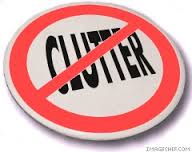
It helps to develop good habits to manage clutter in the home. Such habits include cleaning the home regularly and consistently, placing things in their proper place after use, throwing away empty containers or converting them to other uses. It is also important to sort out your wardrobe to clear out clothes and accessories you no longer wear.
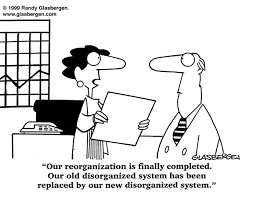
To combat clutter, there is a need to look at purchases differently. Impulsive buying and overspending are habits that contribute to clutter in the home. Are you buying things you do not need? When this happens, the home becomes a dumping ground for impulsively bought items that the buyer does not need. To combat a cluttered home, one’s spending habits must be assessed and put in check.
#7. Invest in Space Saving Furniture
When shopping for furniture, evaluate your space and go for pieces that conserves space. Do not purchase furniture, fittings, and gadgets that do not fit into your living space, to avoid dealing with a cluttered space.
The writer and textile designer William Morris once said “Have nothing in your house that you do not know to be useful or believe to be beautiful.” This statement rings true and serves as a certified clutter check. If something in your home is not useful or beautiful in that order, please clear it out. You probably do not need it, anyway. Try our easy tips and start living a clutter free life.

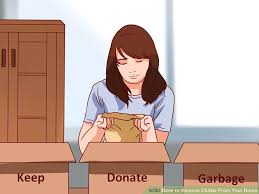
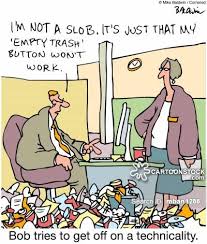
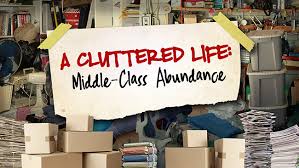
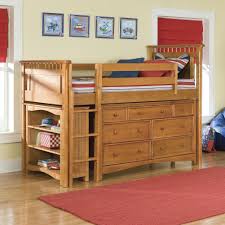





Comments are closed.